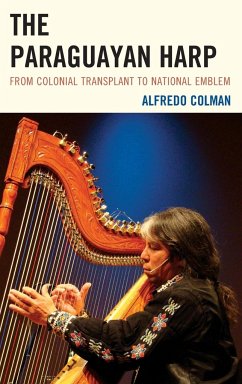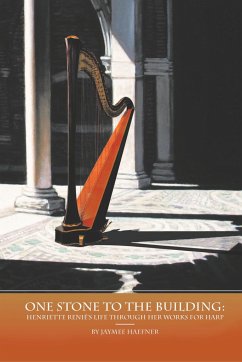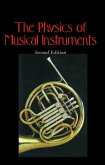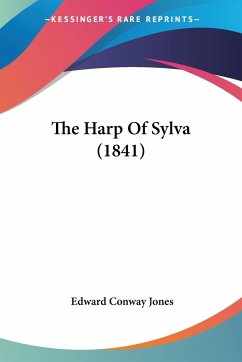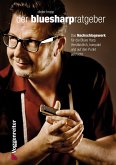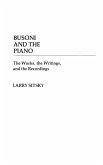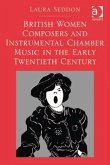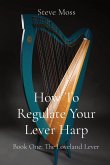This book discusses the historical and musical development of the diatonic harp in Paraguay, an analysis of the musical contributions by harp composers and performers, a survey of the various traditional genres associated with the instrument, and a discussion of the popular and academic settings where the instrument has been cultivated.
Hinweis: Dieser Artikel kann nur an eine deutsche Lieferadresse ausgeliefert werden.
Hinweis: Dieser Artikel kann nur an eine deutsche Lieferadresse ausgeliefert werden.

